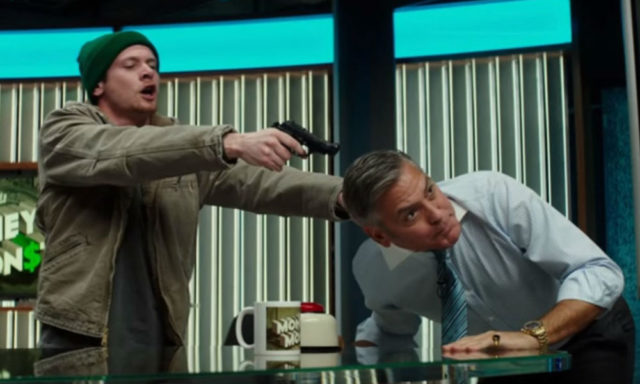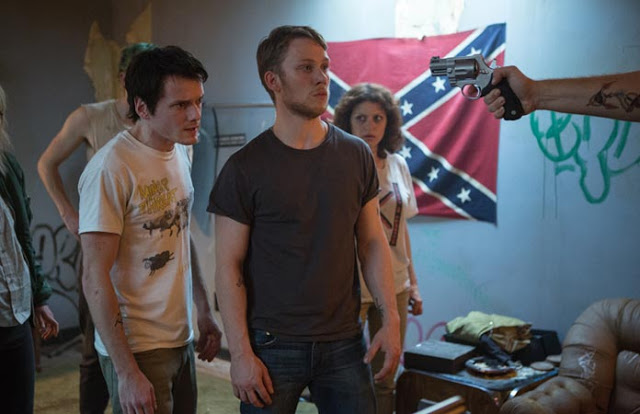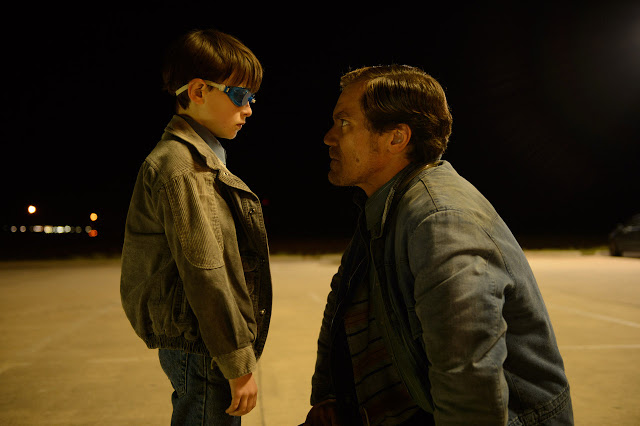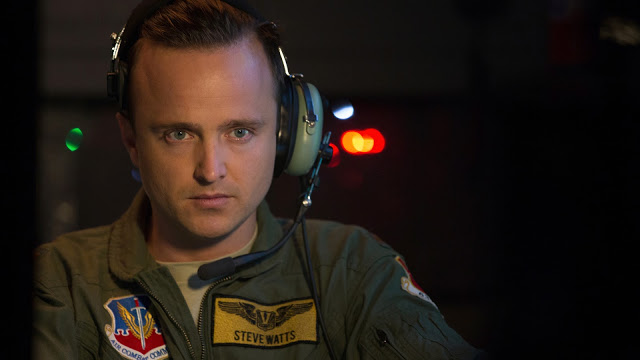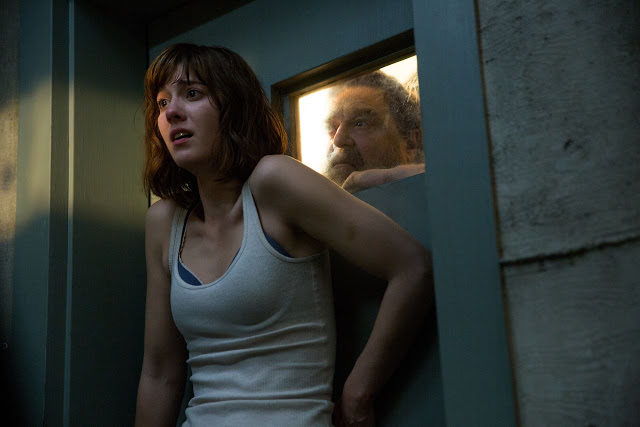Money Monster: Angry Investor Wants Answers, or Else
Money Monster is a fanciful parable rooted in a real-life catastrophe. In December of 2007, the U.S. economy crashed, and the Great Recession began. People lost their homes, their jobs, and a whole lot of their money. The financial markets have since rebounded, but for many, the acrid scent of the collapse still lingers. Attempting to capitalize on this continuing bitterness, Money Monster paints a portrait of Wall Street as a rotted abscess, festering with corruption and venality. You’ve never seen America’s big banks depicted in such an unflattering light. Well, unless you’ve seen The Big Short. Or Margin Call. Or Too Big to Fail. Or Inside Job. Or a newspaper article or blog post that was written at any point in the past eight years.
You get the picture. This movie, which has been directed by Jodie Foster from a script by a trio of screenwriters, isn’t saying anything new. But topicality is hardly a requirement of cinematic worth, and while Money Monster isn’t remotely insightful, it is rarely uninteresting. Some of this is to its benefit: It sports a decent premise, it’s surprisingly funny, and it features excellent actors who take their craft seriously. But the real fascination surrounding this silly, vacuous, ultimately disastrous thriller is of the morbid variety. Watching it, you are compelled to wonder just how a picture of such pedigree could disintegrate into such a puddle of idiocy. Perhaps it’s all a clandestine metaphor designed to mirror the tumultuous nature of the recession itself. It raises your hopes through bluster and recklessness before it crashes—hard. Read More

